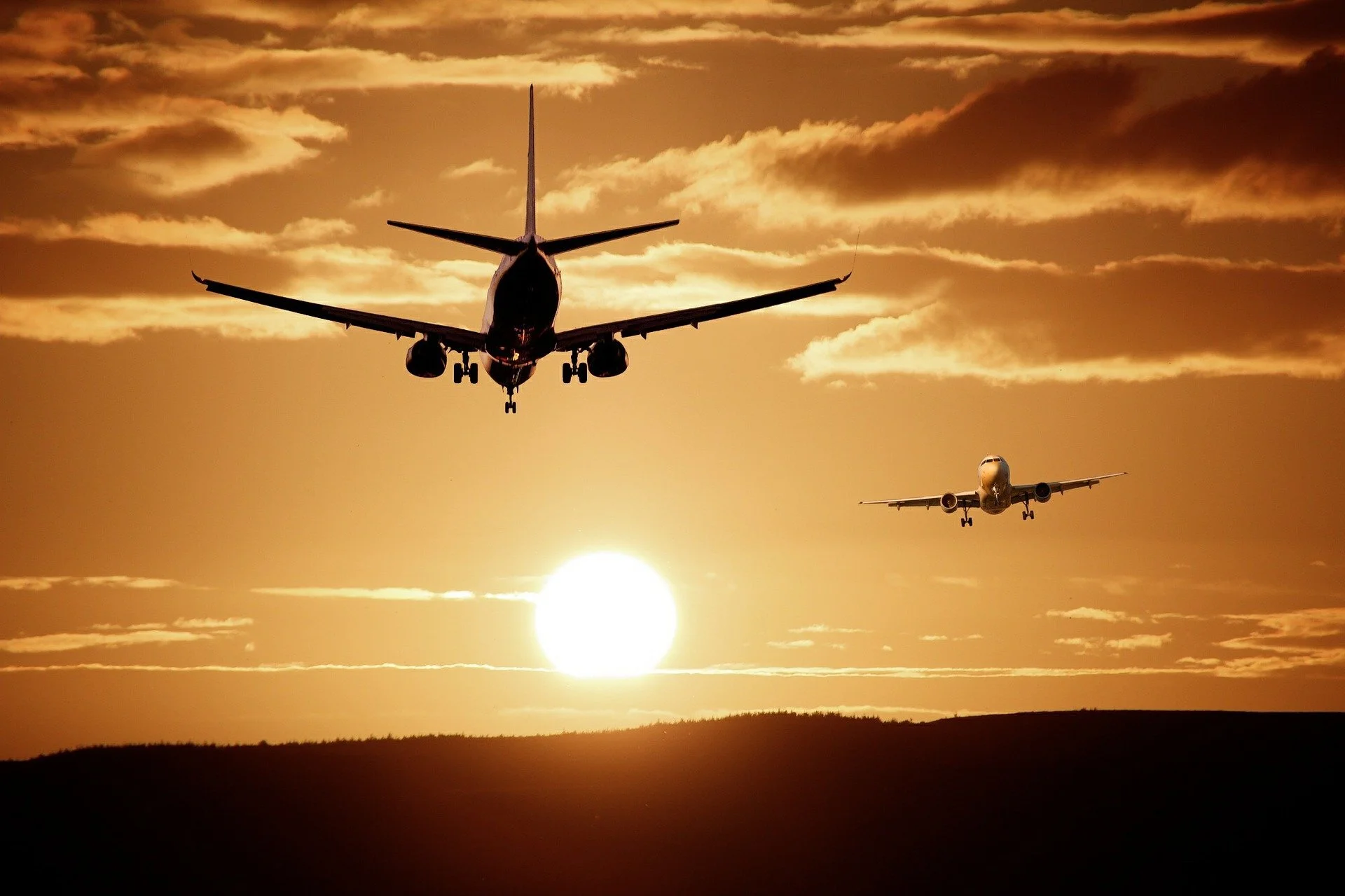A climate scientist on Wednesday said he was being threatened with the sack for refusing to fly back to Germany from a research trip in Papua New Guinea.
Gianluca Grimalda, a senior researcher at the Kiel Institute for the World Economy (IfW Kiel), has spent six months investigating the social effects of climate change in the Pacific island country.
Grimalda made most of the outward trip to Papua New Guinea by land and sea, taking 35 days to travel around 16,000 kilometers.
He wished to return entirely by cargo ships, ferries, trains and buses, he said in a statement shared by the campaign group Scientist Rebellion.
But the IfW Kiel is allegedly insisting approval for his trip ran out on September 10 and he must return immediately by plane.



I get where he’s coming from but that plane is going to fly it’s route whether he’s on it or not.
I think it’s mainly two reasons: Consciousness, and trying to make the world a better place.
People similarly refuse to participate in other things which are done anyways. Think about veggies, Nestle, refusing to work in certain industries or for certain employers, reddit blackout, fair trade products.
People abstain from what they deem wrong to have no part in it. And to use the power they have to not support what they deem wrong, maybe even shed light on it and inspire others.
When enough people do the same, it absolutely can have real world consequences. Change has to start somewhere.
I also refuse to fly, but my commute isn’t 16000km either.
Very good points and well written.
That may be true for one particular flight but if all the people who fly only because “the plane is going anyway” stopped, I’m sure that would partially empty those planes enough that airlines would consider reducing the flights’ frequency. But if anyone knows studies/arguments implying the opposite, I’d be very interested to hear them.
TIL planes fly empty if no one buys a ticket